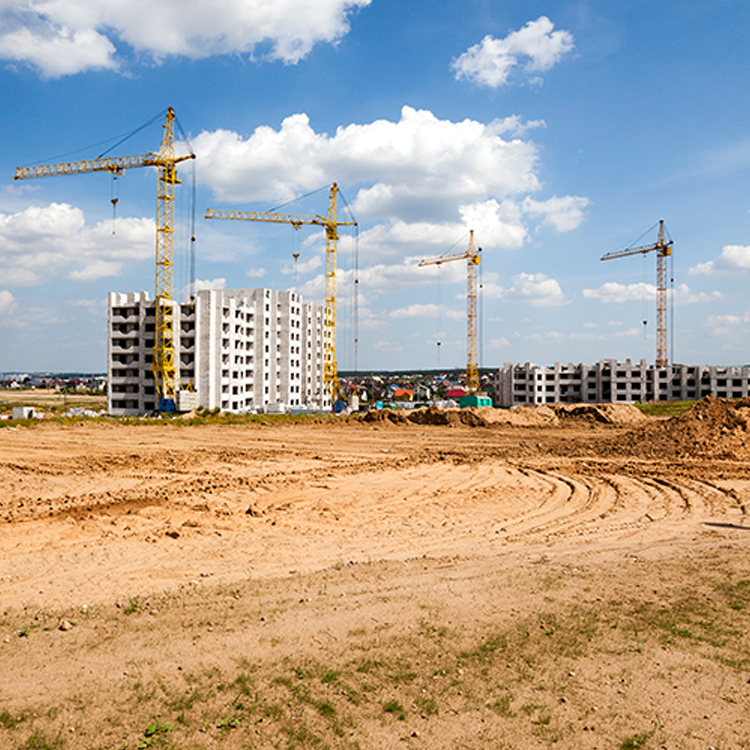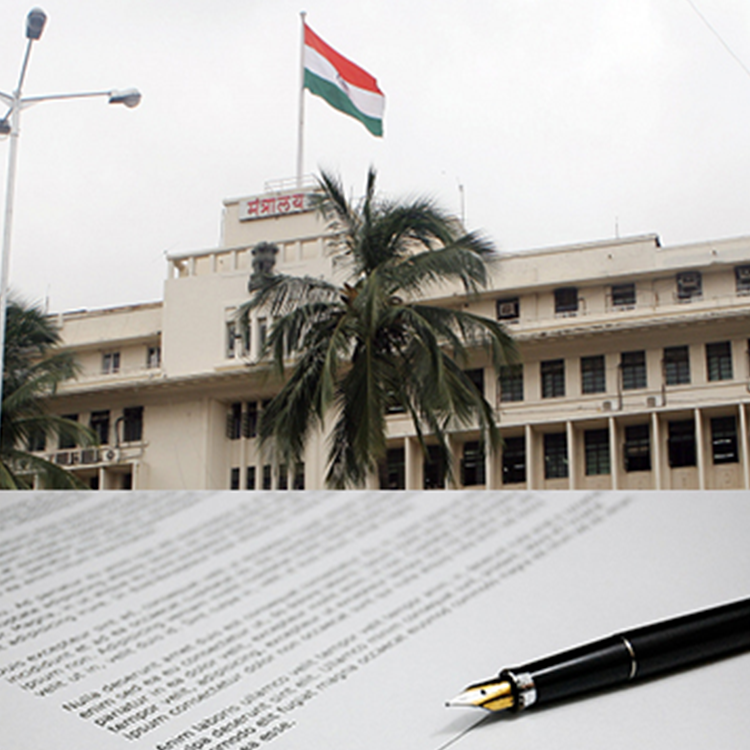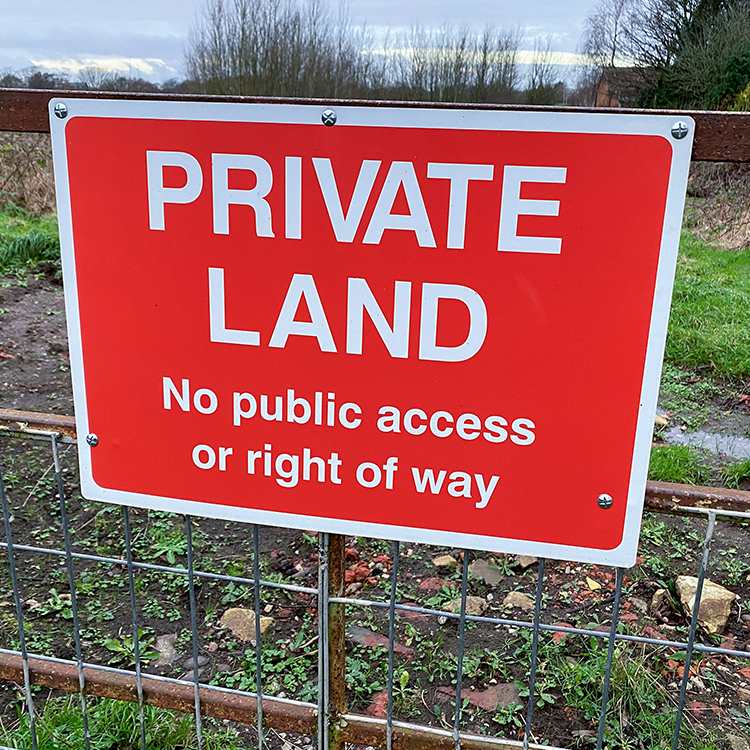Insights of Maharashtra's Land Administration

Introduction
Non-agricultural land refers to land that undergoes development activities making it unsuitable for cultivation. In Maharashtra, conversion of agricultural land to non-agricultural use requires permission under Section 44 of the Maharashtra Land Revenue Code 1966.
Application Process:
Application Form: Applicants must fill the prescribed form (Schedule I) and attach necessary documents.
Document Requirements: Documents include land records, mutation entries, village forms, certified land maps, site and building plans, NOCs, sale permissions, and clearance certificates.
Collector's Role: The collector initiates land inquiries and consults municipal authorities or Gram Panchayats for objections. If applicable, permissions are granted according to regional plans and development regulations.
Development Control Authorities:
- Town Planning Department: Regulates land use and urban development.
- Health Department: Ensures compliance with health and safety standards.
- Laws Related to Roads and Highways: Govern development along roadways and highways.
- Environmental Laws: Address environmental concerns and protection.
- Forest and Mineral Laws: Regulate land use in forest areas and mineral extraction zones.
Conditions for Permission:
- Compliance: Development must adhere to all relevant laws, regulations, and policies.
- Use Limitation: Land use must align with the granted permission.
- Commencement: Development should start within one year of permission, or it lapses.
- Assessment: Altered assessment may apply based on changed land use.
- Building Specific Conditions: Additional conditions apply if the permission is for building construction.
Grant of Sanad:
Upon permission for non-agricultural use, a Sanad (agreement) is granted, either under the Planning Authority or outside its jurisdiction (Schedules IV and V respectively).
Sanad conditions are binding on both the government and the land occupant.
Penalties and Regularization:
- Unauthorized non-agricultural use: incurs penalties and cessation orders.
- Unauthorized use: may be regularized under specific conditions, including payment of conversion tax, fines, and adherence to imposed conditions.
- Continuance of Offending Construction: In cases where demolition poses significant hardship, offending unauthorized constructions may be allowed to stand, subject to conditions and composition fees.
- Regularization Sanad Grant: Upon regularization, a Sanad (agreement) is granted to the landholder (Schedule VI), confirming the authorized non-agricultural use.
Conclusion:
Regulating non-agricultural land use is essential for sustainable development and land management. Through a structured application process, compliance with relevant laws, and enforcement of penalties, Maharashtra aims to ensure responsible land use and urban growth. Understanding and adherence to these regulations are critical for landowners and developers to contribute to organized and sustainable development in the state.







